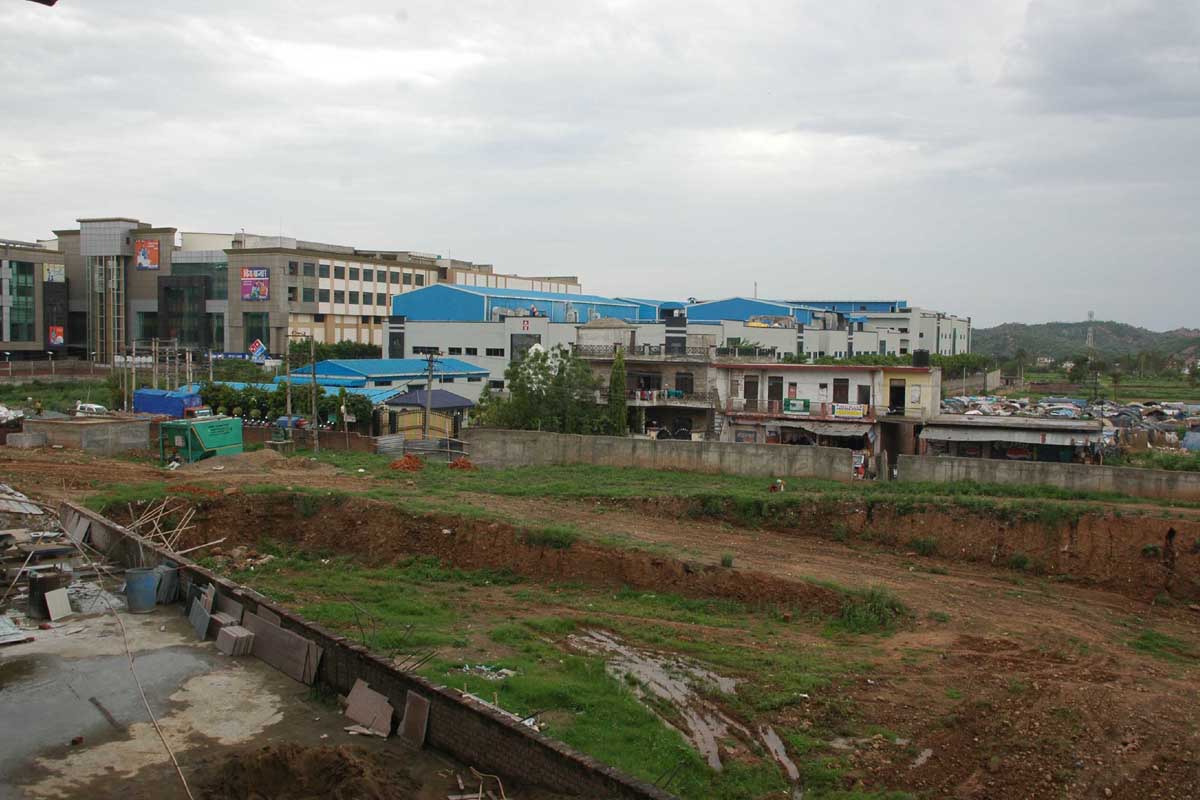Ahead of LS polls, 70343 licensed firearms deposited in Himachal Pradesh
Revealing this, a spokesperson of the Himachal Pradesh Election Department here on Tuesday, said: “Besides, these 3278 weapons have been impounded or cancelled.”
This, especially as the state is still grappling with failures in handling haphazard industrial growth in the wake of special industrial package granted to Himachal Pradesh by the then Atal Bihari Vajpayee government in 2003.

The industry had rushed to Himachal that time, especially to the peripheral areas like Baddi Barotiwala in Solan and Kala Amb in Sirmaur to avail various concessions, albeit without any preparations by the government and the required infrastructure. (SNS)
Notwithstanding hype over global investors meet in Dharamshala on 7 and 8 November (prior to which the state has signed MoUs worth Rs 83,000 crore), the Himachal Pradesh government needs to set realistic and balanced goals to reap benefits of industrialisation in the tiny hill state.
This, especially as the state is still grappling with failures in handling haphazard industrial growth in the wake of special industrial package granted to Himachal Pradesh by the then Atal Bihari Vajpayee government in 2003. The industry had rushed to Himachal that time, especially to the peripheral areas like Baddi Barotiwala in Solan and Kala Amb in Sirmaur to avail various concessions, albeit without any preparations by the government and the required infrastructure.
This had created chaos in the areas as the government subsequently could neither match the requirement nor ensure safeguards and standards for industrial development. Majority concessions in the special package were later withdrawn in 2010 by the then UPA government, which led many industrial units to wrap up from Himachal.
Advertisement
The factors responsible for all this were red-tape, lack of transparency and the failure to implement norms in letter and spirit to regulate the industry, whether quality production, employment or environment concerns.
“Even today, Baddi looks like an urban slum with stinking pockets,” said Vinay Sharma, a local.
Roads in the industrial belt are bad and the people, who are employed respectably in the industry, prefer to live in Panchkula and Chandigarh than Baddi, Nalagarh. Similar conditions prevail in Kala Amb in Sirmaur.
The cement industry set up in the area bordering Bilaspur and Solan long back too had invited problems because of poor monitoring, whether traffic, policing, environment or health issues, involving locals.
The state has signed maximum MoUs in the energy sector, including hydropower, so it will have to ensure that they are implemented to benefit the state than harming it.
Hydro-power is seen as clean energy, but the execution of hydropower projects had been a major issue in Himachal, with locals up against them due to heavy construction, tunnelling beneath the hills, diversion of water from rivers to tunnels, felling of thousands of trees and choking or rivers with construction debris.
The peoples ‘movement against hydro projects for environment and livelihood issues had been very strong in the eco-fragile hill state of Himachal, which forced the government to redress the problems of locals. A major problem in the hydro sector had been the flip-flop policy of Himachal, which successive governments repeatedly changing norms due to pulls and pressures.
The employment generation by the industry for Himachalis has not been to the expected levels so far. Despite all governments in the past talking of 70 per cent mandatory employment to Himachalis, the latter have themselves not been keen on jobs in the industrial area of Himachal Pradesh for poor living conditions and absence of housing facilities.
The poor connectivity by air and by rail, on the other hand, troubled the industry.
“There have been failures earlier because of ill-planning and it damaged the state a. lot This time, we have planned it better and will try to implement the things by facilitating industry, whether land banks in different areas or requires clearances.
We are simultaneously trying to improve air, rail and road connectivity,” said Chief Minister, Jai Ram Thakur. He said the government hopes to materialise maximum MoUs on the ground, and will ensure quality and secured employment for locals.
Advertisement